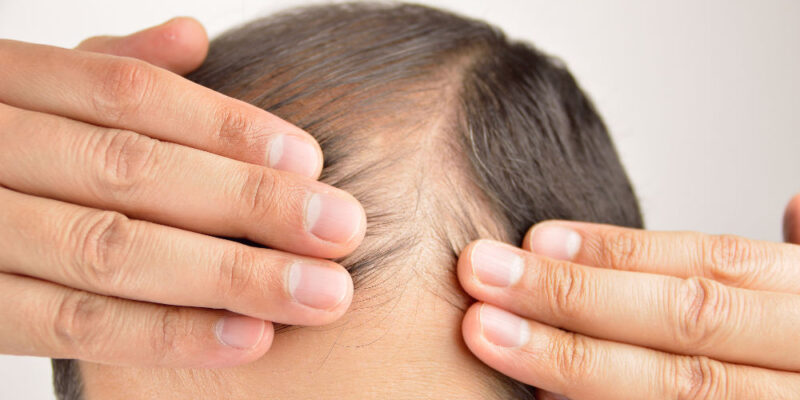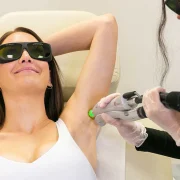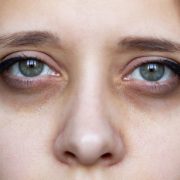Introduction
Hair loss is a common issue that affects many men. It can be caused by genetics, stress, poor diet, or medical conditions. If you are experiencing hair loss, there are effective treatments available. This blog covers hair loss medication for men, lifestyle changes, and expert advice to help manage and reduce hair loss.
Medications for Hair Loss
There are several hair loss solutions available in the form of medications. These are FDA-approved and clinically tested:
Finasteride
Finasteride for hair loss is one of the most common treatments. It works by blocking the hormone that causes hair loss. Many men use Propecia for hair loss, which contains finasteride, to slow down hair thinning and promote regrowth. It is available by prescription and should be taken daily for the best results. Studies have shown that consistent use of finasteride can significantly reduce hair loss and even stimulate new hair growth over time.
Minoxidil
Minoxidil is a liquid or foam treatment that is applied directly to the scalp to promote hair growth. It increases blood flow to the hair follicles, helping hair grow. This treatment is available over the counter and is often found in the best hair loss products for men. Regular application is necessary to maintain results, and stopping treatment may lead to hair loss returning. It is suitable for men experiencing early to moderate hair thinning.
Other Medications
Some doctors prescribe additional medications to support hair growth. These may include corticosteroids or antifungal treatments if the hair loss is due to scalp conditions. Consulting a doctor can help determine the best hair loss products for men that suit your needs. In some cases, combination therapies using both oral and topical treatments can be more effective than using a single medication.
Lifestyle Changes to Prevent Hair Loss
Medications work best when combined with healthy lifestyle habits. Here are some changes you can make to support hair growth:
Eat a Nutrient-Rich Diet
Consuming a diet packed with essential vitamins and minerals is crucial for maintaining healthy hair. Foods high in protein, iron, and omega-3 fatty acids can promote hair strength and reduce shedding. Biotin, zinc, and vitamin D are also beneficial. Incorporating leafy greens, nuts, eggs, and fish into your diet can improve hair health. Hydration is also important, as dehydration can weaken hair strands.
Reduce Stress
Stress is a major factor in hair loss. Practicing relaxation techniques such as meditation, exercise, and deep breathing can help lower stress levels and improve overall hair health. Poor sleep and anxiety can also contribute to hair thinning, so maintaining a proper sleep schedule is important.
Avoid Harsh Hair Treatments
Using excessive heat, chemical treatments, or tight hairstyles can lead to hair damage. Opt for gentle shampoos and conditioners that nourish the scalp. Avoid hair dyes, bleaching, and excessive use of hair gels or sprays, as these can weaken hair follicles over time.
Maintain Scalp Health
A clean scalp promotes healthy hair growth. Use shampoos designed to strengthen hair and avoid excessive washing, which can strip the scalp of natural oils. Scalp massages with essential oils like rosemary or peppermint can also stimulate blood flow and promote hair regrowth.
Expert Advice on Hair Loss
Seeking professional help is essential when dealing with hair loss. A hair loss consultation with a specialist can help determine the cause and the best treatment options.
Visit a Dermatologist
A dermatologist can examine your scalp and suggest appropriate hair loss solutions. They may recommend a combination of medications and lifestyle changes. If hair loss is caused by medical conditions like thyroid imbalances or autoimmune diseases, treating the root cause can help stop further thinning.
Consider Hair Transplant Surgery
For severe hair loss, hair transplant procedures can be an option. This method involves transferring healthy hair follicles to thinning areas to promote natural growth. This procedure is effective for long-term results but requires a recovery period.
Use Quality Hair Products
Experts recommend using the best hair loss products for men that contain ingredients known to support hair growth. Look for products with minoxidil, biotin, and keratin. Avoid products with harsh chemicals like sulfates and parabens, as they can strip hair of essential nutrients.
Regular Check-Ups
Hair loss can sometimes indicate underlying health issues. Regular medical check-ups can help identify deficiencies or medical conditions that may be causing hair loss. Blood tests can detect nutritional deficiencies, and early treatment can prevent further hair thinning.
Final Thoughts
Hair loss can be managed with the right approach. Hair loss medication for men, such as finasteride for hair loss and Propecia for hair loss, can slow down hair loss and promote regrowth. Combining these with lifestyle changes and expert advice can improve results. If you are unsure about the best hair loss products for men, a hair loss consultation with a specialist can guide you toward the most effective treatment plan. Taking action early can help you maintain healthy, strong hair for longer. Making consistent efforts with the right treatment and care can lead to noticeable improvements in hair health and thickness.






Comments